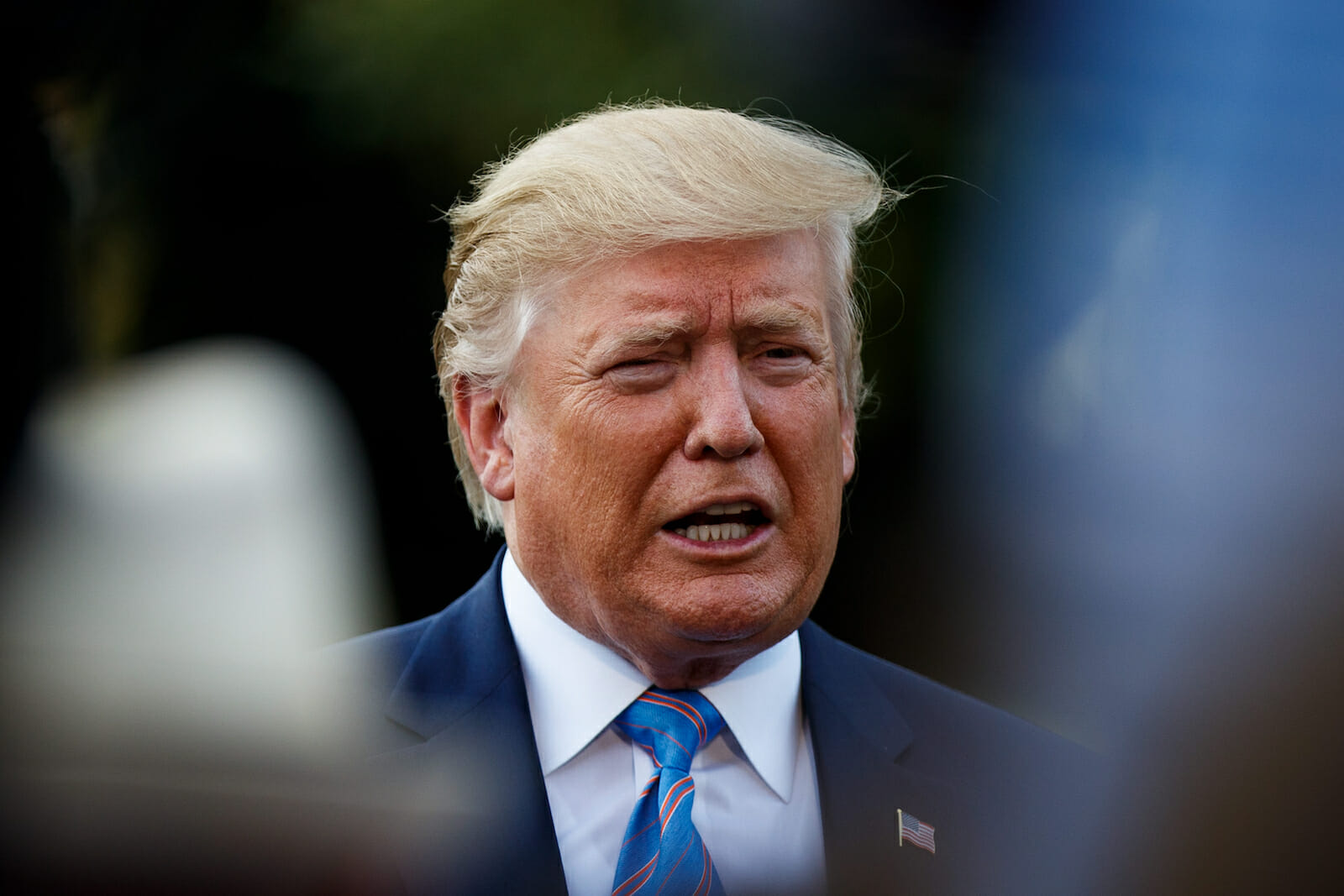
Diplomacy Works: How to Fix U.S.-Iran Relations
Diplomacy works. The Dayton Accords ended the slaughter of over 100,000 Bosniaks. The Camp David Accords led to peace between Egypt and Israel. Diplomacy reunified Germany and brought down the Berlin Wall. Yet with Iran, America has sidelined diplomacy in exchange for a costly and escalating conflict. By reopening diplomatic relations with Iran, the U.S. can avoid war – and can limit Iran’s nuclear development program.
Iran poses a major threat to American security. It has been trying to obtain and develop nuclear weapons since the 1990s. It is a state sponsor of international terrorist organizations that target the U.S. and its allies. It has been seeking to expand its regional influence and challenge American influence. Ultimately, Iran’s actions signal that, if threatened, it would be willing to use military force against the U.S.
Current U.S. policy has included economic and political sanctions, withdrawing from the Iran nuclear deal, and killing top Iranian general Qassem Soleimani. However, the Trump administration has failed to compel Iran to renegotiate a nuclear agreement, limit its missile programs, or change its regional policies. And current U.S. policy towards Iran is increasing the chances of an armed conflict.
The U.S. should reopen diplomatic ties with Iran. America and Iran can renegotiate a new deal that addresses Iran’s nuclear weapons development program, reduces sanctions against Iran, and welcomes Iran back into the international community. Only diplomacy can achieve a sustainable foreign policy for America in the Middle East.
Diplomacy will deescalate tensions between Iran and America. By engaging in diplomatic channels, the U.S. can better protect its interests and avoid an expensive war between two powerful nations.
Diplomacy can restore an international nuclear agreement. A renegotiated nuclear deal will limit Iranian nuclear development and set a standard for nuclear development programs internationally. A new treaty can strengthen nuclear non-proliferation and the UN Treaty on the Non-Proliferation of Nuclear Weapons.
Diplomacy can facilitate an end to a long conflict with Iran, dating from the 1979 Iranian Revolution that cut diplomatic ties. Reopening diplomatic channels with Iran can provide a framework for resolving the decades-long conflict that threatens both U.S. and Iranian national security. Recent events require additional concessions from both parties to demonstrate a shared desire for a path forward. The U.S. and Iran need to create a new approach to diplomacy; they need to establish lost trust together.
There are security concerns that Iran would use the money from any sanctions relief to enhance its military capabilities and finance more terrorist organizations. However, a new Iran deal can include control over Iranian weapons proliferation and the arming of proxy groups. The international community can monitor Iranian finances and Iranian support to its proxy armies and can reinstate critical sanctions if Iran violates international agreements that prohibit funding terrorists. Moreover, the U.S. can publicly assure its Middle Eastern allies that the U.S. will provide military support if Iran violates any aspect of the nuclear treaty or attacks U.S. allies.
Diplomacy is the light that pierces through the darkness of an anarchic world. A military-first foreign policy continues to lead the world into darkness and despair. War represents a failure of diplomacy. Serious and sustained diplomatic efforts can restore the relationship between Iran and the U.S. We can work with, rather than against, the people and government of Iran to create a safer, brighter world for everyone.
